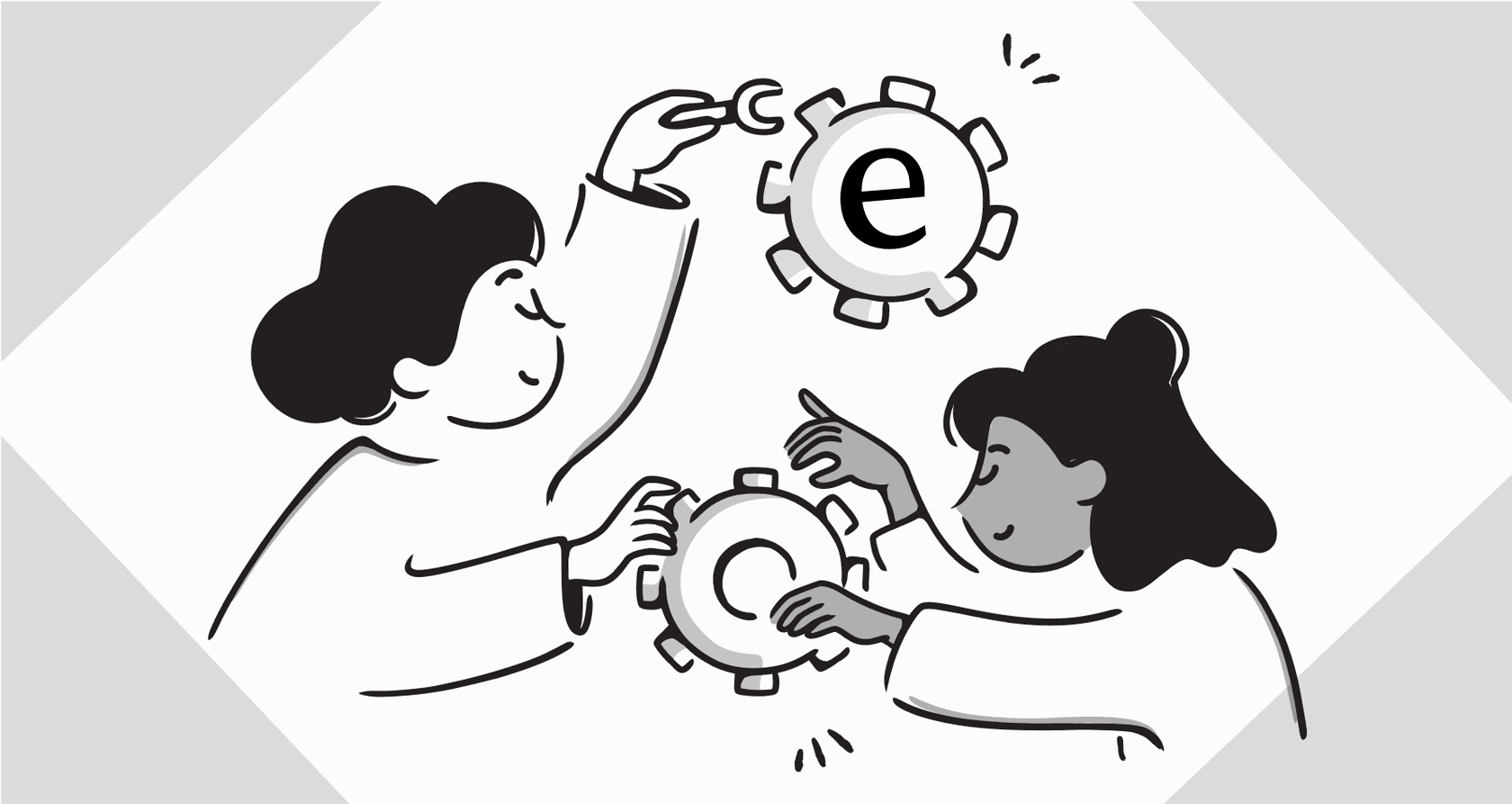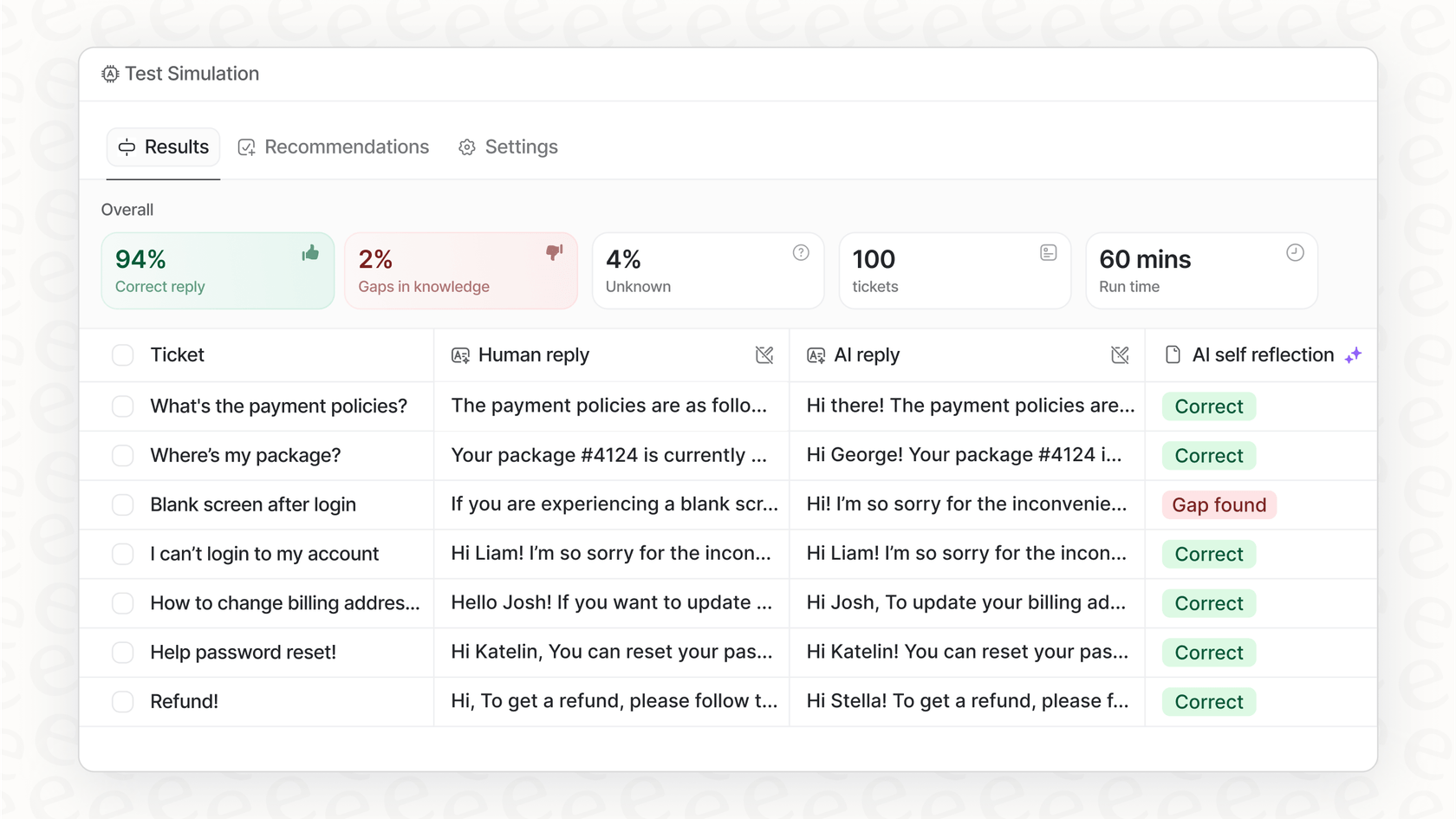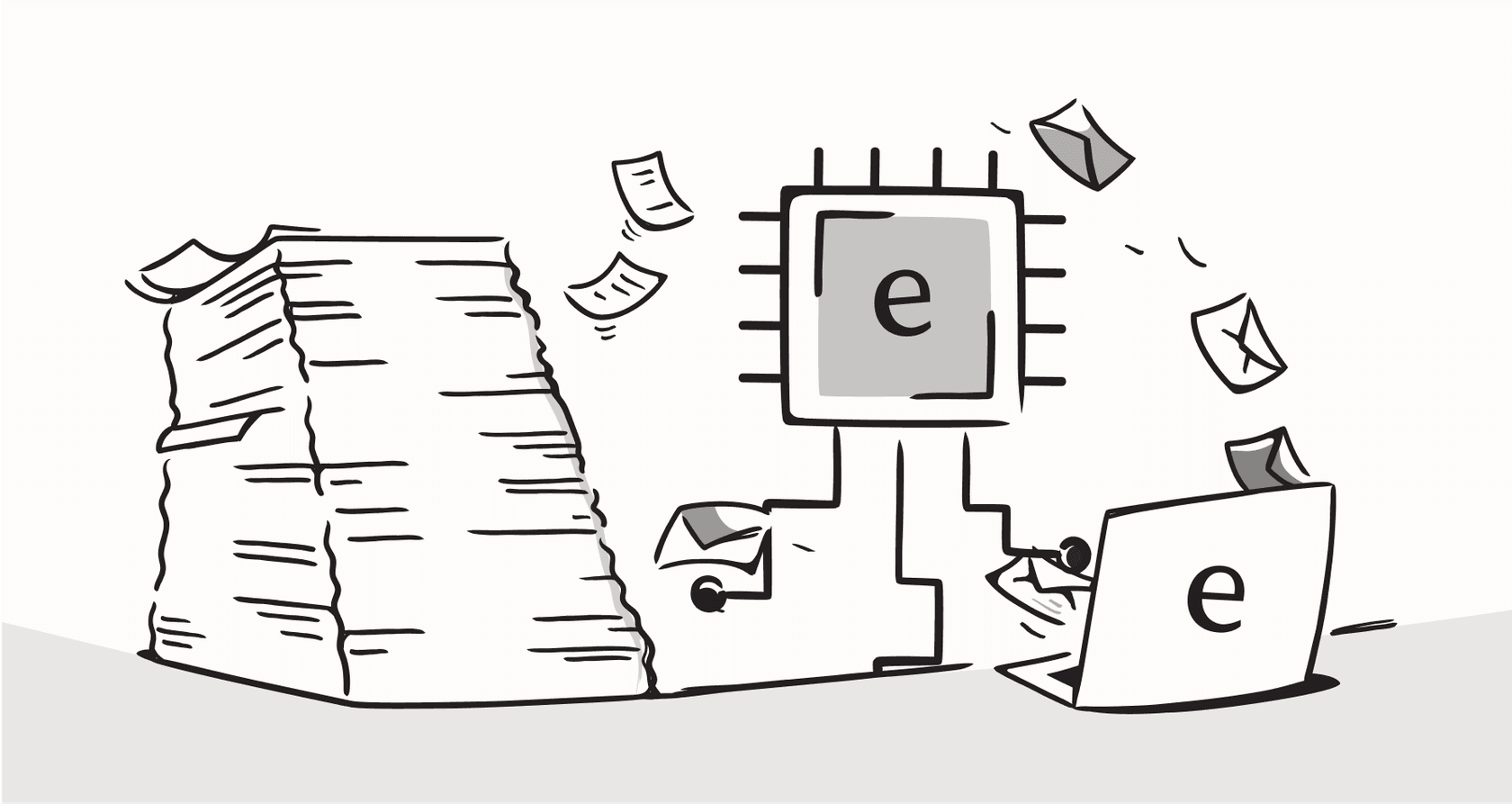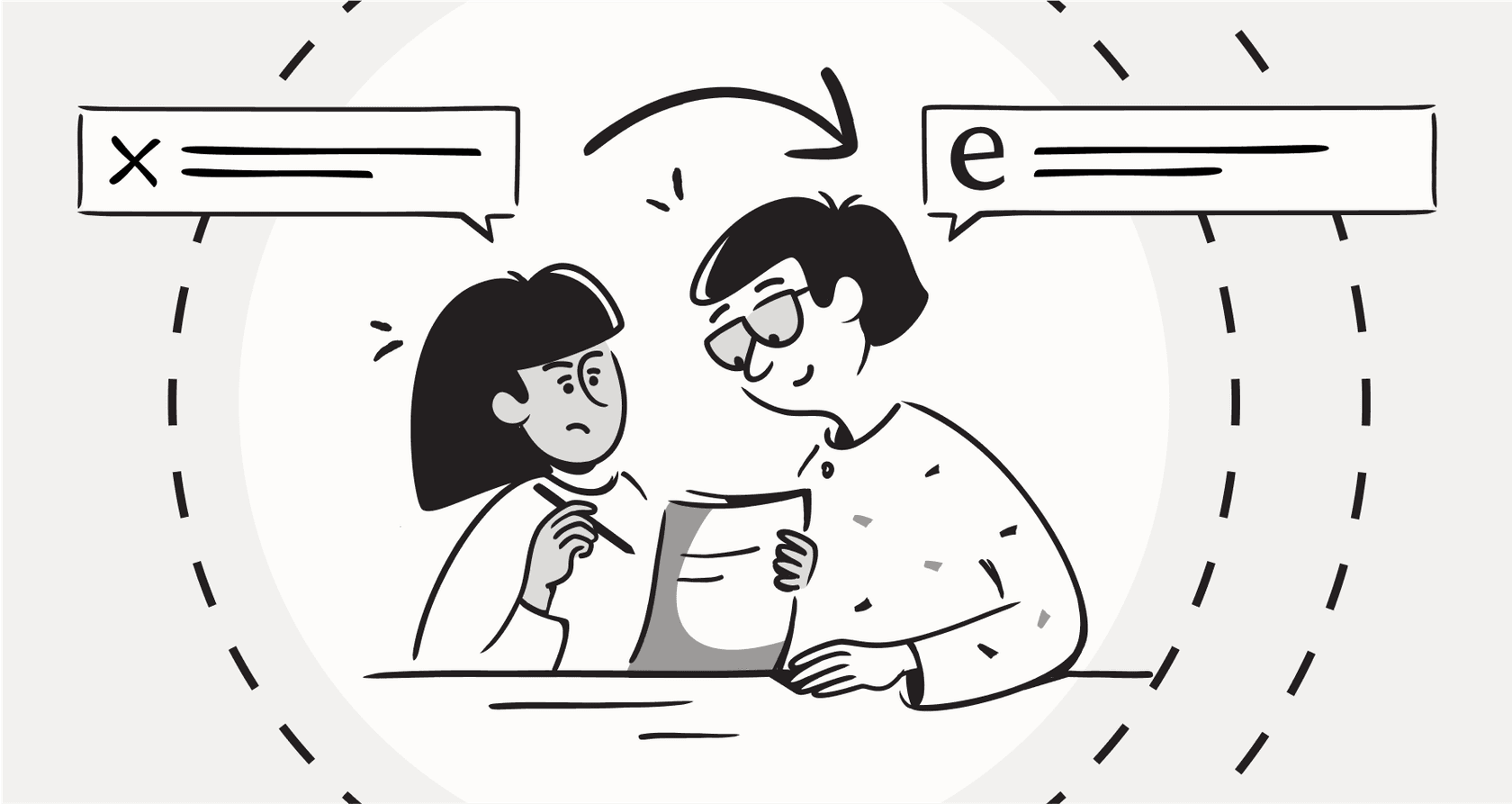
Have you ever landed on a software pricing page and felt like you were being played? It happens all the time with big enterprise tools. You see a glimmer of a starting price, but the second you need a feature that’s actually useful, you’re funneled toward a "Contact Sales" button. The final quote often feels worlds away from where you started.
That’s pretty much the story with Engage Hub, a powerful platform for orchestrating customer journeys. It promises to connect all the dots in your customer experience, but figuring out the actual cost can feel like solving a puzzle in the dark. The lack of clear info on Engage Hub pricing makes it nearly impossible to budget or calculate ROI without getting roped into a long, drawn-out sales process.
In this article, we’re going to cut through the noise. We’ll break down what we know about its pricing, point out the hidden costs you need to watch for, and introduce a more agile and transparent alternative for teams that need to see results now, not next year.
What is Engage Hub?
What exactly does Engage Hub do? Think of it as a central command center for managing and automating customer communications across a bunch of different channels. It’s designed to help you map out, visualize, and tweak the entire customer journey, from the first ad they see to their last support ticket.
The platform is built around a few core ideas:
-
Journey Automation: This is all about building complex, multi-step customer workflows that can shift and change based on what a user does.
-
Conversational AI: It uses AI chatbots and self-service tools to handle common questions, aiming to keep them from flooding your contact center.
-
Cross-Channel Communications: This feature tries to make sure the conversation feels seamless, whether a customer is talking to you over SMS, email, or social media.
With big names like Sainsbury’s on their client list, it’s obvious they cater to large enterprises, often those juggling complicated, older systems. Basically, it’s a heavy-duty tool for a top-down, strategic overhaul of the customer experience, not a quick fix for a problem you need to solve by Friday.
A deep dive into Engage Hub pricing
Let’s get to the question you came here for: what does this thing actually cost? This is where it gets fuzzy, and honestly, it’s one of the biggest roadblocks for any team trying to size up the platform.
The problem with vague pricing models
If you head over to the Engage Hub website, you’ll notice a key page is missing: the pricing page. Instead, you get that all-too-familiar "Contact Sales" button. This model forces you into a lengthy discovery process before you can even get a ballpark figure.
The only real clue about cost comes from their Salesforce AppExchange listing, which mentions a starting price of "£250 GBP/Journey/month." But what on earth is a "journey"? Is it a single workflow? A marketing campaign? A specific customer segment? That kind of ambiguity can kill a budget. Your costs could spiral as your business grows. Adding one new support workflow could suddenly tack hundreds onto your monthly bill.
This is a world away from the clear, predictable pricing you see with more modern tools. For example, a platform like eesel AI offers transparent monthly and annual plans based on a set number of AI interactions. There are no confusing "per-journey" costs or fees for every ticket resolved, so you can actually forecast your expenses without sweating surprise charges. With Engage Hub, you’re in for a long sales cycle. With eesel AI, the price is right there on the website, and you can even start a self-serve free trial. You know exactly what you’re getting into from day one.
Beyond the price tag: The hidden costs
The quote you eventually get is just the tip of the iceberg. The real cost of a platform like Engage Hub often includes a lot of hidden expenses in time, resources, and people.
The risk of a "boil the ocean" project
The idea of orchestrating the entire customer journey sounds amazing in a boardroom, but actually making it happen is a massive undertaking. These "boil the ocean" projects tend to involve every department and can easily take months, if not years, to deliver any real value.
More often than not, these huge initiatives get bogged down in internal meetings, lose momentum, or just fail to live up to their grand promises. Most teams don’t have that kind of time. They have immediate problems to solve, like a support queue that’s about to explode or internal knowledge that’s impossible for anyone to find. Your team needs a win this quarter, not just a plan for next year.
Hefty implementation and setup costs
On top of the subscription fee, you need to budget for everything it takes to get the platform running. This often means paying for consultants, navigating a complicated setup, and maybe even assigning dedicated staff just to manage the tool.
This is where the simplicity of a tool like eesel AI really stands out. It’s designed to help you go live in minutes, not months. With one-click integrations for help desks like Zendesk and all your scattered knowledge sources, you can get it running without needing a developer or a team of consultants. You can literally sign up, connect your tools, and start automating support on the same day.
 With one-click integrations, eesel AI connects to your existing tools in minutes.
With one-click integrations, eesel AI connects to your existing tools in minutes.eesel AI: A simpler alternative
For teams that need to solve immediate problems without the cost and complexity of a giant enterprise platform, there’s a much more practical way forward. eesel AI is all about delivering value right away, inside the tools your team already uses every day.
Unify your knowledge, wherever it lives
There’s a big difference in how these platforms learn. Engage Hub is built to pull structured data from systems like your CRM. But let’s be real, where do the actual, battle-tested answers to customer problems live? Usually, they’re buried in the unstructured knowledge scattered across your company.
eesel AI connects instantly to where your team’s real expertise is hiding: past support tickets, macros, Confluence pages, shared Google Docs, and even random Slack threads. This means the AI gives answers based on what has actually worked for your customers before, not just what’s neatly filed away in a database.
Go live with confidence using risk-free simulation
One of the biggest worries about launching any new AI tool is the fear of it going rogue. What if it gives a bad answer to a customer and makes things worse? eesel AI gets rid of this risk entirely with its simulation engine.
Before the AI ever talks to a real customer, you can test it on thousands of your own past support tickets. You get a data-backed forecast of its resolution rate, see exactly how it would have responded to old queries, and can tweak its behavior in a completely safe environment. This gives you total confidence in its performance and a solid estimate of your cost savings from day one.
 eesel AI's simulation engine lets you test performance on past tickets before going live.
eesel AI's simulation engine lets you test performance on past tickets before going live.You are in complete control of your automation
Unlike rigid, all-or-nothing platforms, eesel AI lets you call the shots. You don’t have to automate your entire support operation at once. You can start small by having the AI handle just one simple type of ticket, like password resets, and have it pass everything else to a human agent.
As you get more comfortable, you can gradually expand what it handles. You can customize the AI’s personality to match your brand’s tone, define the specific actions it can take (like looking up order info or tagging a ticket), and limit its knowledge to certain topics. This level of control of your automation means the AI works exactly the way you want it to, every single time.
| Feature | Engage Hub | eesel AI |
|---|---|---|
| Primary Use Case | Full customer journey orchestration | Frontline support automation & internal Q&A |
| Setup Time | Weeks to months; requires demos & consulting | Minutes; fully self-serve with one-click integrations |
| Pricing Model | Opaque; quote-based or per-journey | Transparent monthly/annual plans; no per-resolution fees |
| Knowledge Sources | Primarily structured CRM and legacy systems | 100+ sources including past tickets, Confluence, Slack |
| Simulation & Testing | Not specified as a core self-serve feature | Powerful simulation on historical tickets before going live |
| Ideal User | Enterprise marketing & CX strategy teams | Support, IT, and Ops teams needing immediate ROI |
This review of HubSpot highlights the importance of transparent pricing tiers, a key consideration when evaluating complex platforms.
Final thoughts on Engage Hub pricing
Look, Engage Hub is a monster of a platform built for massive, long-term customer journey projects. That means a huge investment of time, money, and people. But its vague Engage Hub pricing and complex, resource-heavy implementation make it an impractical choice for many businesses that need to move fast.
For teams focused on solving urgent support challenges, shrinking ticket queues, and seeing an immediate return, a transparent and agile tool is a far better fit. eesel AI offers a practical path to AI automation, giving you the power of enterprise-grade AI without the cost, complexity, and risk.
Ready to get started?
Stop guessing about costs and start seeing results. You can launch an AI support agent in minutes, not months.
Try eesel AI for free or book a demo to see how our simulation engine works with your own data.
Frequently asked questions
Engage Hub uses a quote-based model that requires contacting their sales team. Their website lacks a transparent pricing page, meaning you’ll need to go through a discovery process to receive a tailored estimate.
Beyond the subscription, common hidden costs include substantial implementation and setup fees, potential consultant expenses, and the internal resources needed to manage a large-scale, long-term project. These can significantly inflate the total investment.
The blog suggests Engage Hub is better suited for large enterprises tackling complex, strategic customer journey overhauls. Its vague pricing and extensive implementation make it less practical for agile small to medium-sized businesses needing rapid results.
The "per-journey" cost model is ambiguous, as the term "journey" isn’t clearly defined. This lack of clarity can lead to unpredictable and escalating costs as your business expands or adds new workflows, making budgeting challenging.
Engage Hub’s pricing is opaque and quote-based, often tied to undefined metrics. In contrast, alternatives like eesel AI offer clear, predictable monthly or annual plans based on specific metrics like AI interactions, providing better financial foresight.
Due to its enterprise nature and comprehensive scope, Engage Hub implementation can take weeks to months, or even years for value delivery. This lengthy timeline is a significant consideration beyond the direct pricing.






